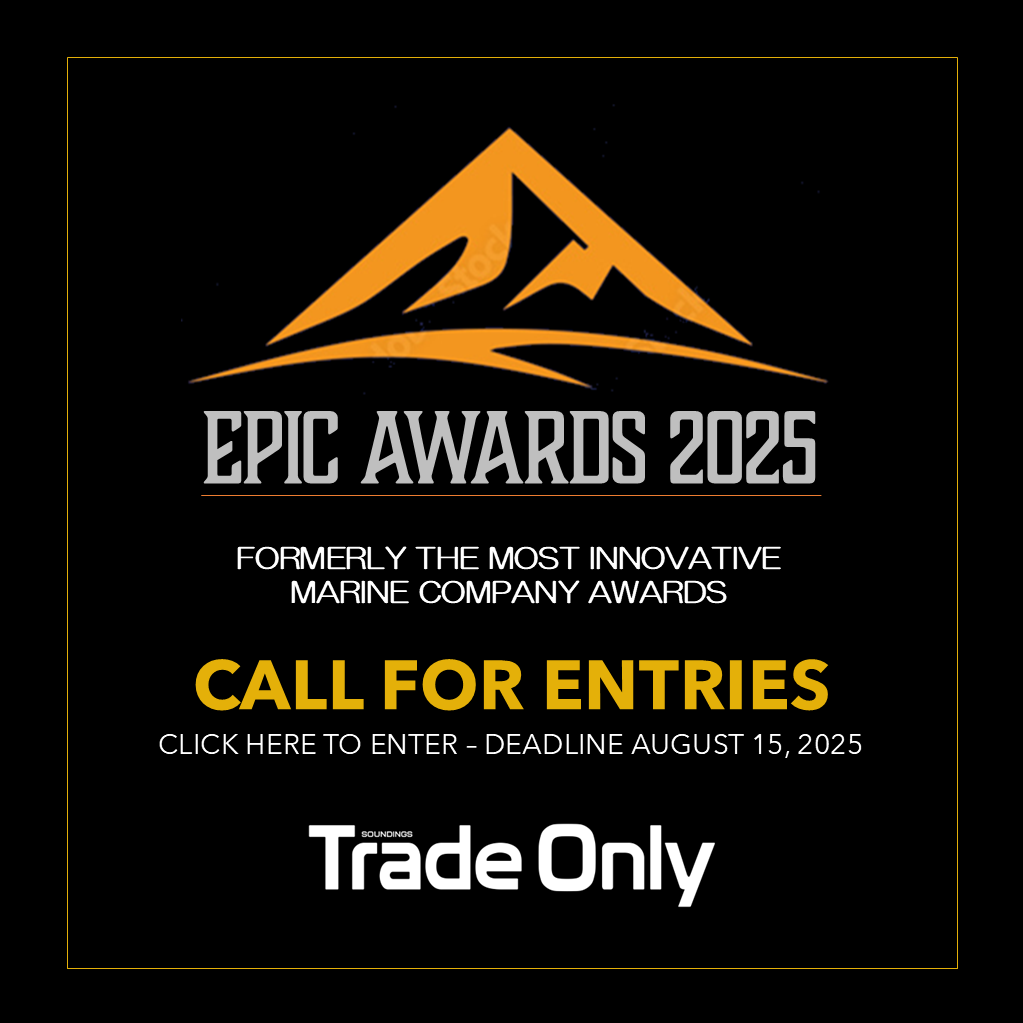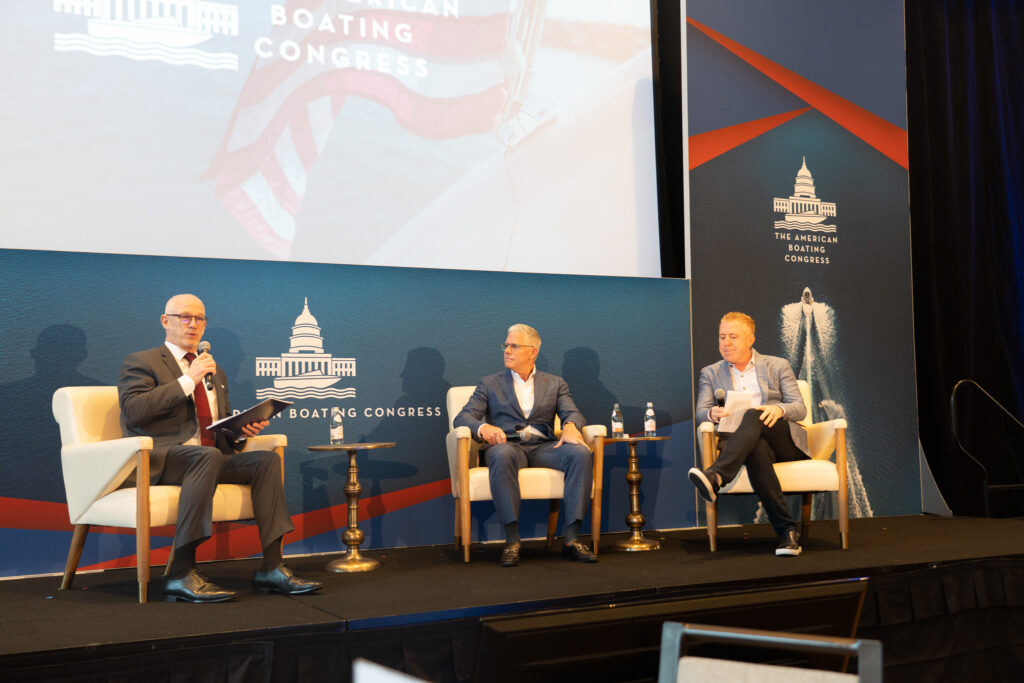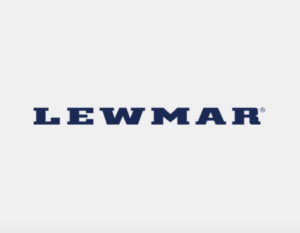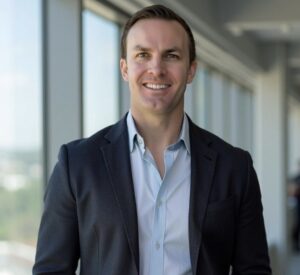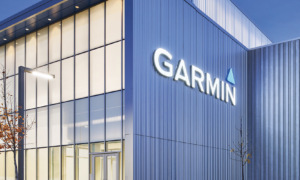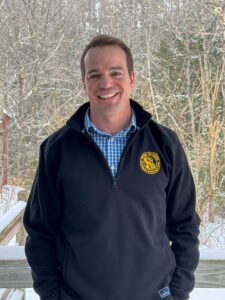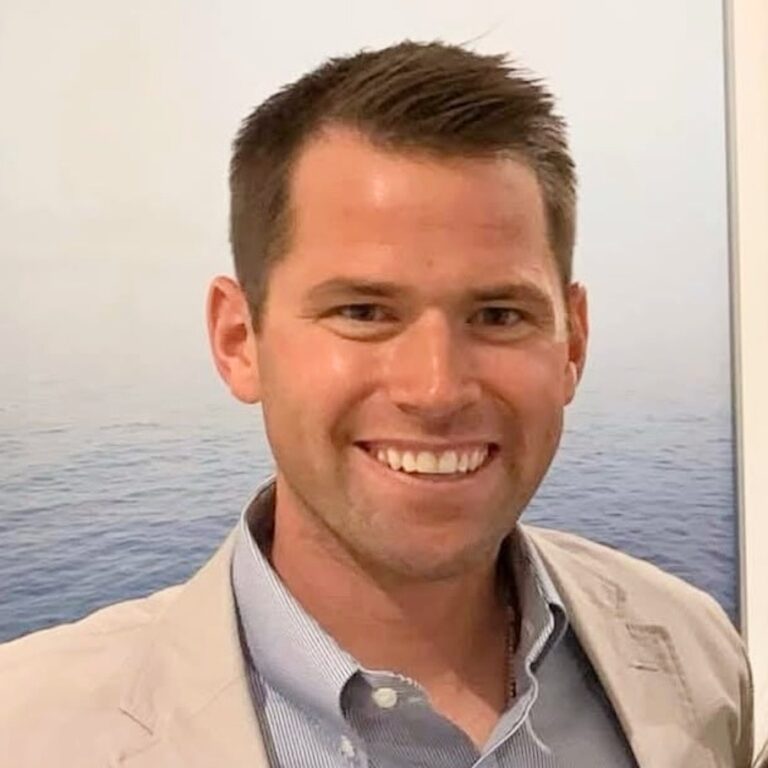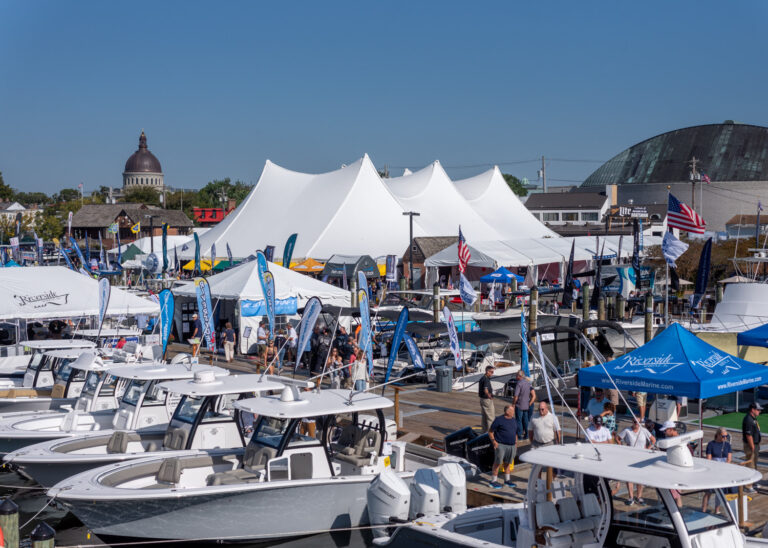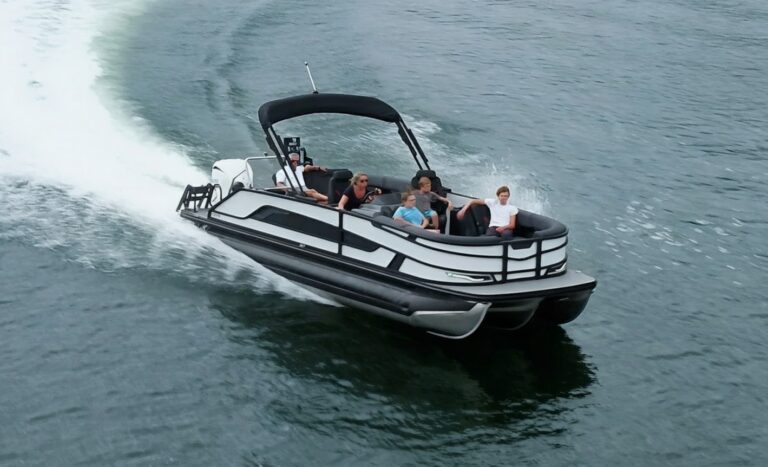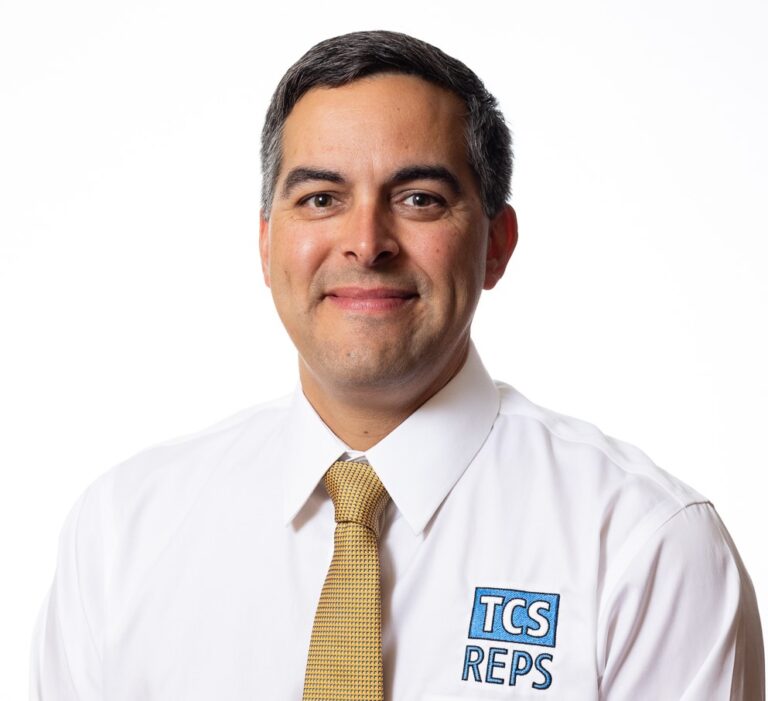The National Marine Manufacturers Association yesterday began day two of the American Boating Congress in Washington, D.C. This year the conference has a new format that includes more panel discussions with industry experts and fewer pitches from politicians.
A theme of “uncertainty” took root among industry leaders and in discussions about the consumers who support the boating business. The word was used frequently throughout the day’s presentations.
NMMA president and CEO Frank Hugelmeyer opened the day with a panel discussion about the headwinds and trends affecting the boating industry. He hosted Brett McGill, MarineMax president and CEO, and Bryan Redmond, co-founder and CEO of Suntex Marinas.
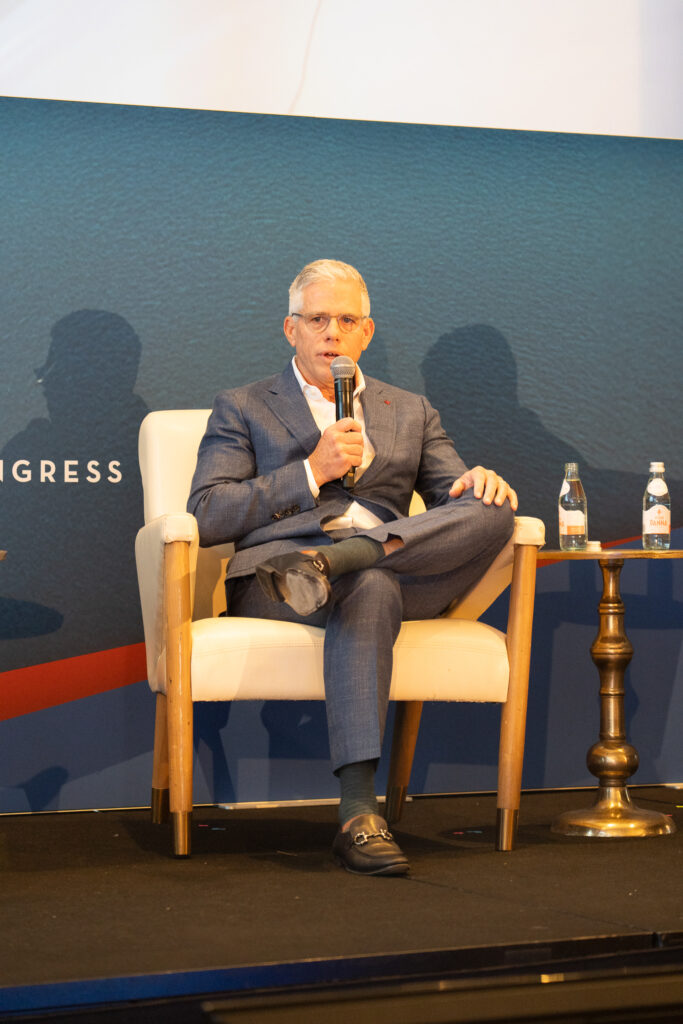
“I think everybody here knows when our industry feels uncertainty — so does the consumer,” McGill said. “It’s been challenging, discounting [boats] probably more than I’ve seen in my career. We recently announced our earnings, and thankfully we had higher margin because of some of the superyacht businesses, but it’s probably the toughest boat margin we’ve had in years.”
Speaking to other industry challenges, including the shortage of qualified workers, Raymond said: “I think the toughest part of our entire industry is the labor side. Suntex focuses so much more on the hospitality side, and these sorts of training programs are great places to find employees who are interested in the marina industry.”
The panelists also spoke about technology and artificial intelligence, tariffs, the boat-sharing and rental market, and bringing new boaters into the fold.
Robyn Boerstling, NMMA senior vice president of government relations and chief advocacy officer, hosted a panel to discuss how the Trump administration and Congress are shaping a deregulatory agenda. Among the panelists were Braden Boucek, Southeastern Legal Foundation vice president of litigation; Roger Nober, director of the George Washington Regulatory Studies Center; professor of practice of public policy and public administration Ethan Harper; general counsel, office of Sen. Eric Schmitt; and Travis Voyles, acting deputy administrator at the Environmental Protection Agency.
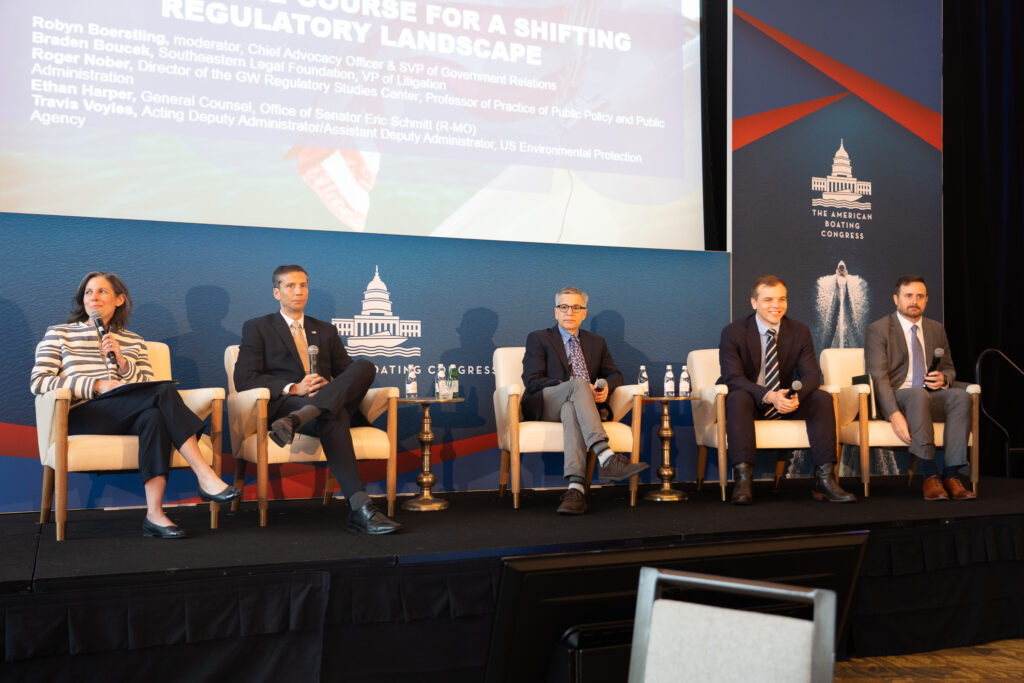
The initial focus of the discussion was the withdrawn proposal by the National Oceanic and Atmospheric Administration to limit vessel speeds along the East Coast to protect endangered North Atlantic right whales.
“We asked ourselves, how can we bring to bear our resources to demonstrate there’s another way to do this,” Boerstling said. “The whole industry came together to defeat this, a real success story in advocacy.”
Additional topics included access, infrastructure, taxes and industry areas that that are ripe for deregulation.
Reauthorization of the Sport Fish Restoration and Boating Trust Fund, which this year turns 75, was the subject of a panel discussion led by NMMA senior director of public policy Clay Crabtree. He was joined by Mike Leonard, vice president of government affairs at the American Sportfishing Association, and Tim Schaeffer, executive director of the Pennsylvania Fish and Boat Commission.
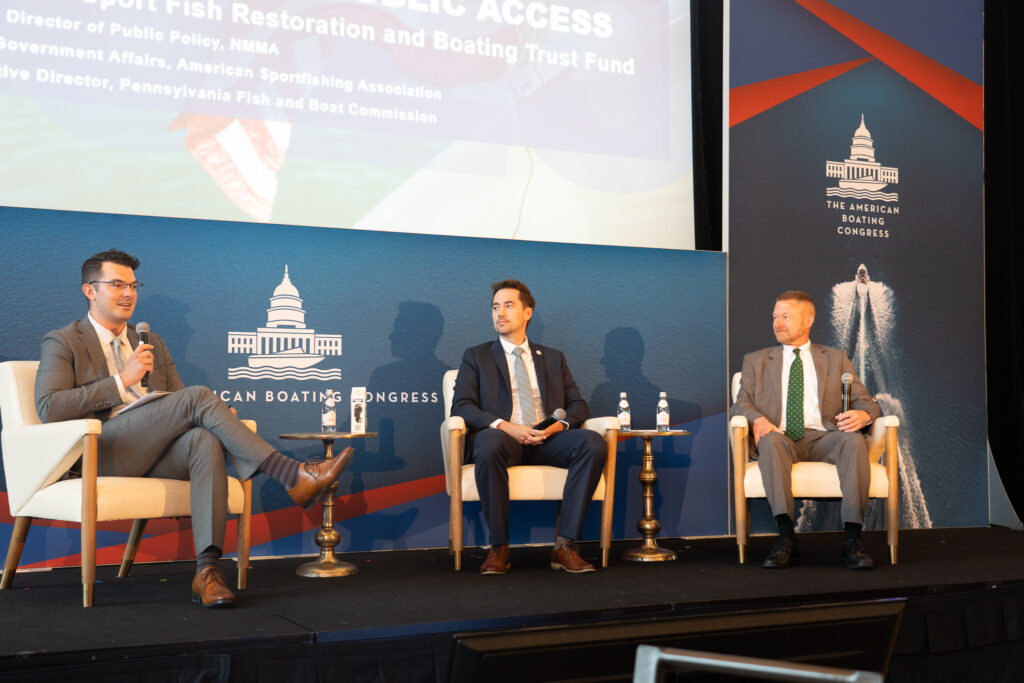
The fund, which is supported by boat fuel taxes and taxes on sportfishing equipment, is up for reauthorization next year. Panelists spoke about the reauthorization process and the benefits of the program for boating and fishing.
“It’s not often that you’ll find an industry that’s actively lobbying Congress to tax itself, especially one [as] significant as 10% on most all fishing equipment,” Leonard said. “But it really is a source of pride for the industry because our members know that the money is going to a good cause. It’s going to support conservation access, maintain fish habitat, boating access, restoration projects, all things that support the future of the industry.”
Rounding out the morning sessions was a panel about sustainable fuels, hosted by Yamaha Marine USA president Ben Speciale. He was joined by Jeff Wasil, NMMA vice president of environmental compliance and marine technology; Chris Kolodziej, principal energy systems analyst at Argonne National Laboratory; Cooper Ericksen, senior vice president of product, BEV and mobility planning and strategy, Toyota; Eric Mueller, Mercury Marine director advanced engineering; and Andrew Wishnia, senior vice president of Boundary Stone Partners.
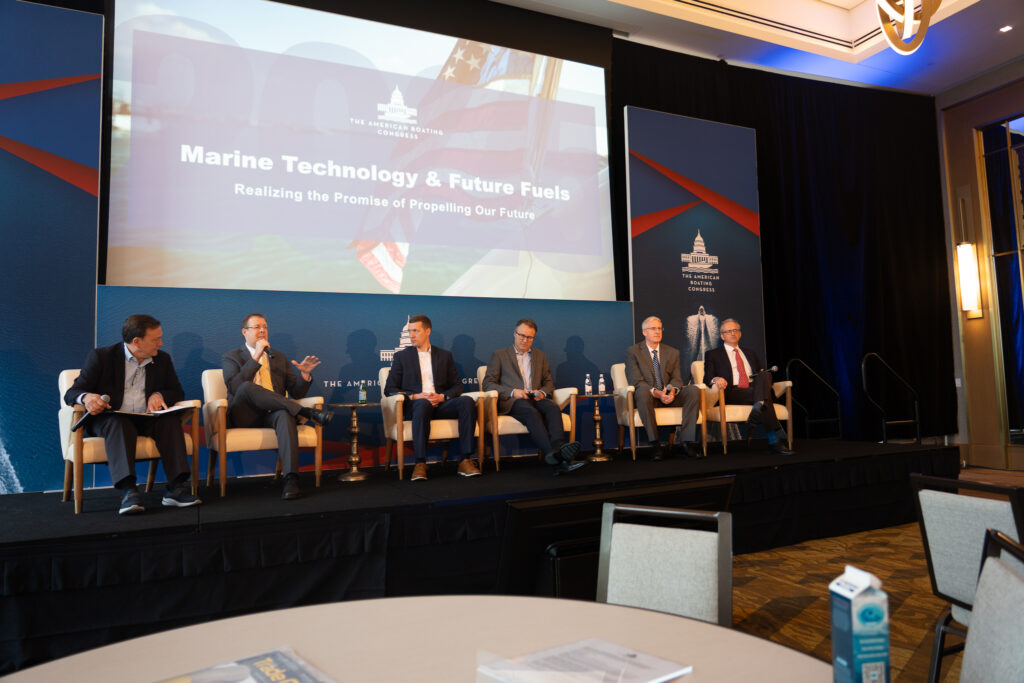
The panelists traded questions about sustainable fuel logistics and delivery, boat life cycles, hybrid propulsion, electrification and how consumer demand for technology affects the overall success of certain “green” products.
Shawn DuBravac, economist, futurist and author, echoed the theme of uncertainty during a 30-minute snapshot of the U.S. economic climate.
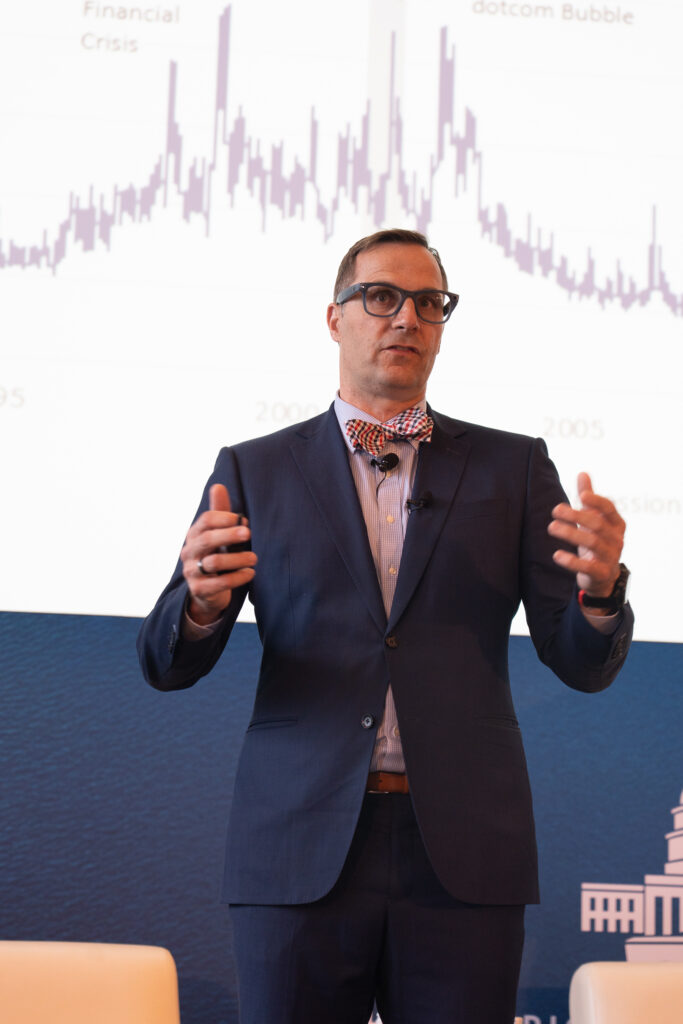
NMMA vice president of government relations Jacky Usyk assembled a panel to discuss how evolving tax and trade policies are shaping U.S. manufacturing. The conversation focused on expiring tax provisions and what’s next for pro-growth tax policy that supports small businesses, family-owned manufacturers and innovation-driven industries.
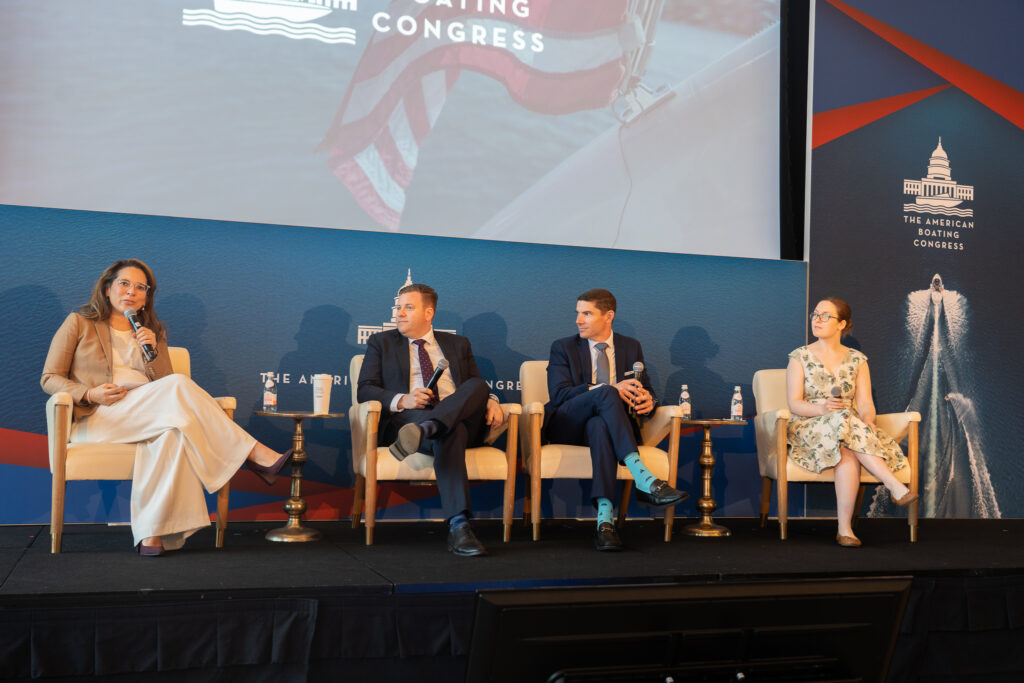
The discussions concluded with breakout sessions about state-level government relations focusing on efforts to protect and expand boating access, and an overview of environmental health and safety issues and standards impacting the global marine industry.
In addition to the panel discussions, Jeff Angers, president of the Center for Sportfishing Policy, presented the Eddie Smith Award to Eric Fetchko, president of Dometic Marine. The honor recognizes extraordinary commitments to conservation by manufacturers.
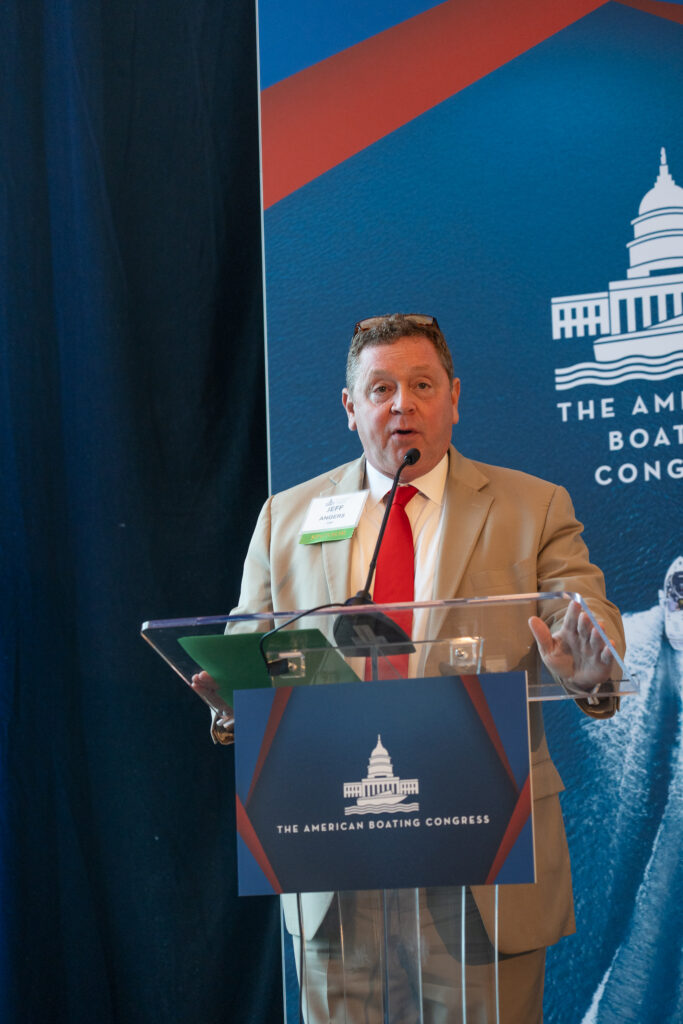
Attendees today will visit Capitol Hill to speak with representatives about legislation affecting the boating industry. ABC ends today at 3 p.m.


